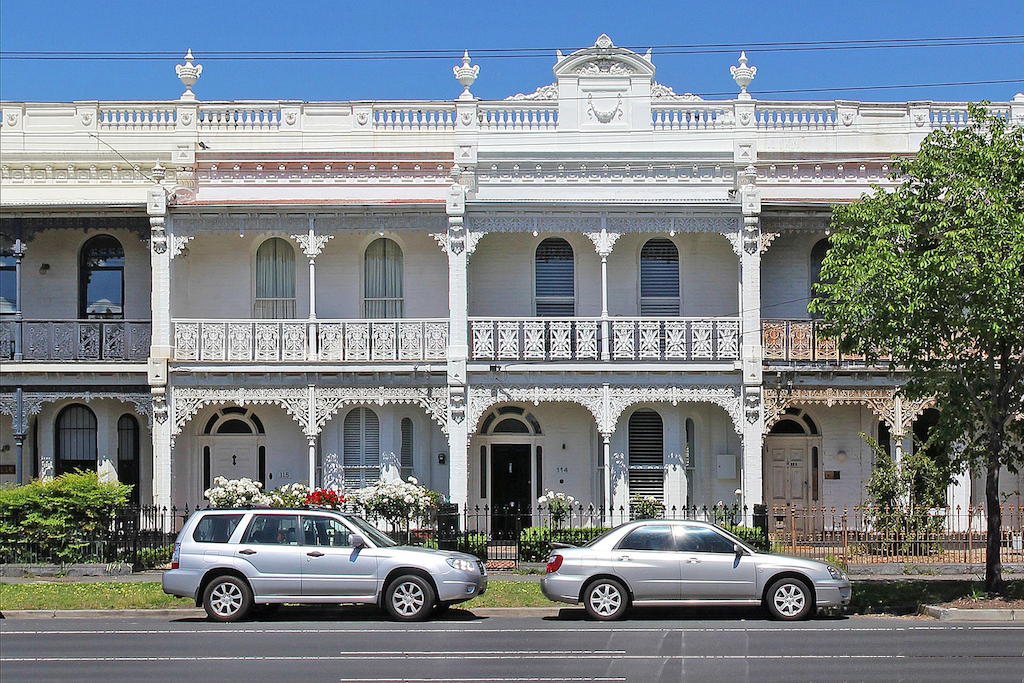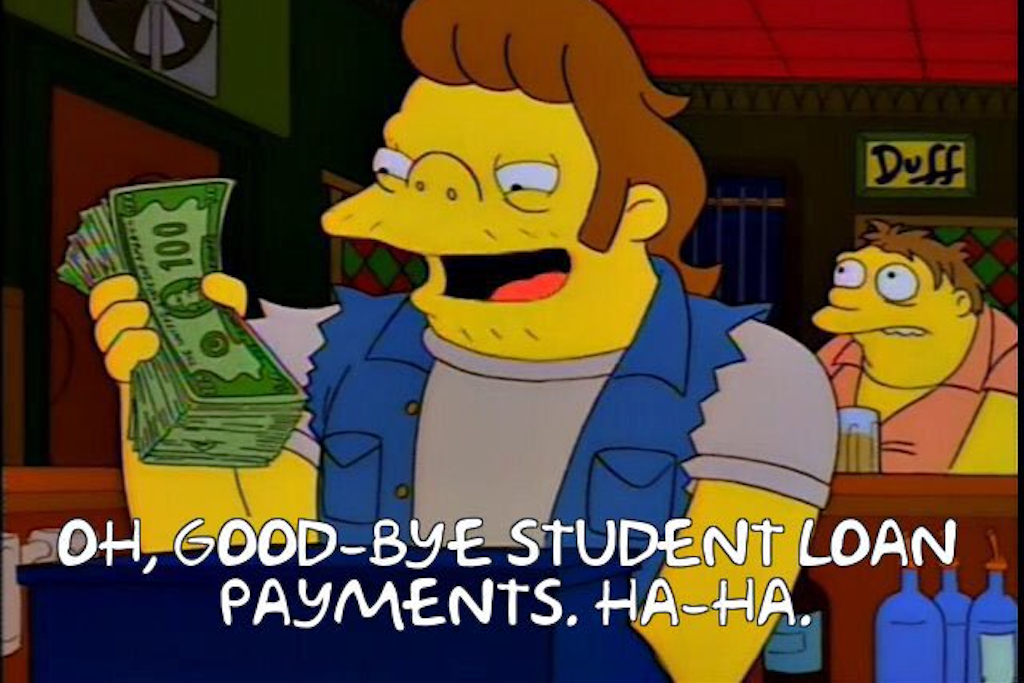It’s Budget Day! But What The Hell Does That Actually Mean And Why Should You Care?
It's the day we find out how the government is going to screw us! Yay!

It’s Budget Day! For young people that generally means it’s the day before pay day, when your rent has been debited and you’re desperate for a smashed avo breakfast but you can’t afford it because the economy is cooked and the job market sucks.
But in political circles Budget Day means something very different. It’s when the government locks up hundreds of journalists and stakeholders in Canberra and overloads them with spreadsheets and political propaganda. Then, at 7.30pm, the federal treasurer waltzes into the House of Representatives to deliver a speech outlining the government’s key new policies and everyone on the Coalition side of chamber says “Hear, hear!” a lot.
It’s a weird tradition but Australian politics is an extremely weird beast. So let’s explore why we do this thing and what it means for ordinary Australians.
What Exactly Is “The Budget”?
In some respects the federal Budget is just like any other budget. Each department draws up its revenue and expenditure statements and the government writes legislation to authorise the spending of public money.
The treasurer delivers a speech outlining the balance of the budget in general terms (i.e. are we in surplus or deficit), the key spending and savings policy measures, and introduces legislation into parliament that allows the government to raise and spend money to enact the government’s grand plans.

Zach Galifianakis stars in… The Treasurer
That’s it! Following that a whole bunch of journalists and experts debate the details for hours, days, weeks, months, years. But those journos and experts have a trick. They already know what’s in the budget before the treasurer delivers their speech. That’s because they’ve been locked up for hours poring over hundreds of pages of documents.
What’s The Point Of The Lock Up?
On Budget Day the government gives journalists and policy experts the chance to review the budget before it’s made public. It’s called the lock-up, and it’s really weird. But why does it even exist?
No one really knows, hey. If you ask journalists who participate in the lock up, they’ll tell you it’s great because it lets them get their heads around what the government is proposing, and they have the opportunity to question government officials on the details.
If you ask the government, they’ll say it’s great because they get to massage the political message and control the narrative. Journalists, of course, dispute this. But it does seem like a pretty strange way of disseminating information in 2017, especially since the government gets to pick and choose who attends the lock up.
This year student and community media organisations were rejected from the lock up, even though they have attended in previous years. Treasury officials cited “space constraints” as the reason but in an open letter student editors wrote “By locking student media out of this crucial political event, the federal government has denied us the opportunity to closely analyse a budget which will have a massive impact on young people.”
Whatever the reason the current system give the government a lot of power to make arbitrary decisions. They could just upload all the information, numbers and messaging in the afternoon onto a public website. That way all journalists and the public could access the details at the same time. It wouldn’t stop media organisations doing their own unique budget analysis, but it would make the whole thing more transparent and allow more people to interact with it.
But the Canberra political junkies love the theatre of it, so I doubt it’ll go away anytime soon.
What’s In This Year’s Budget?
The lead up to this year’s Budget has been unusual because a lot of major policies have been announced beforehand. Last week the government announced two pretty big reforms to the education sector. Universities will lose nearly $3 billion in funding and students will be forced to pay more thanks to new higher education policies. And the government has spelled out a new primary and secondary schools education plan that will see wealthy private schools lose funding.
This morning it was reported that welfare recipients will have their payments cut if they fail to turn up to Centrelink mandated appointments. The government is also reportedly looking into broader cuts to welfare.
What’s not in the Budget is sometimes more illuminating than what policies are in it. Last year all the hype was about innovation and agility. The government was trying to portray the startup sector as the economy’s saviour. But that all seems to be gone this year. Instead the government seems to be focusing on “fairness”.
One key issue that’s still unresolved is housing. Will the government tackle negative gearing? Will they invest in affordable housing? Or will they keep ignoring the issue?
For the details on that, and no doubt some other Budget surprises, you’ll have to tune in to the treasurer’s speech at 7.30pm tonight. Or, better yet, skip the speech and just come back here to read Junkee’s analysis.


